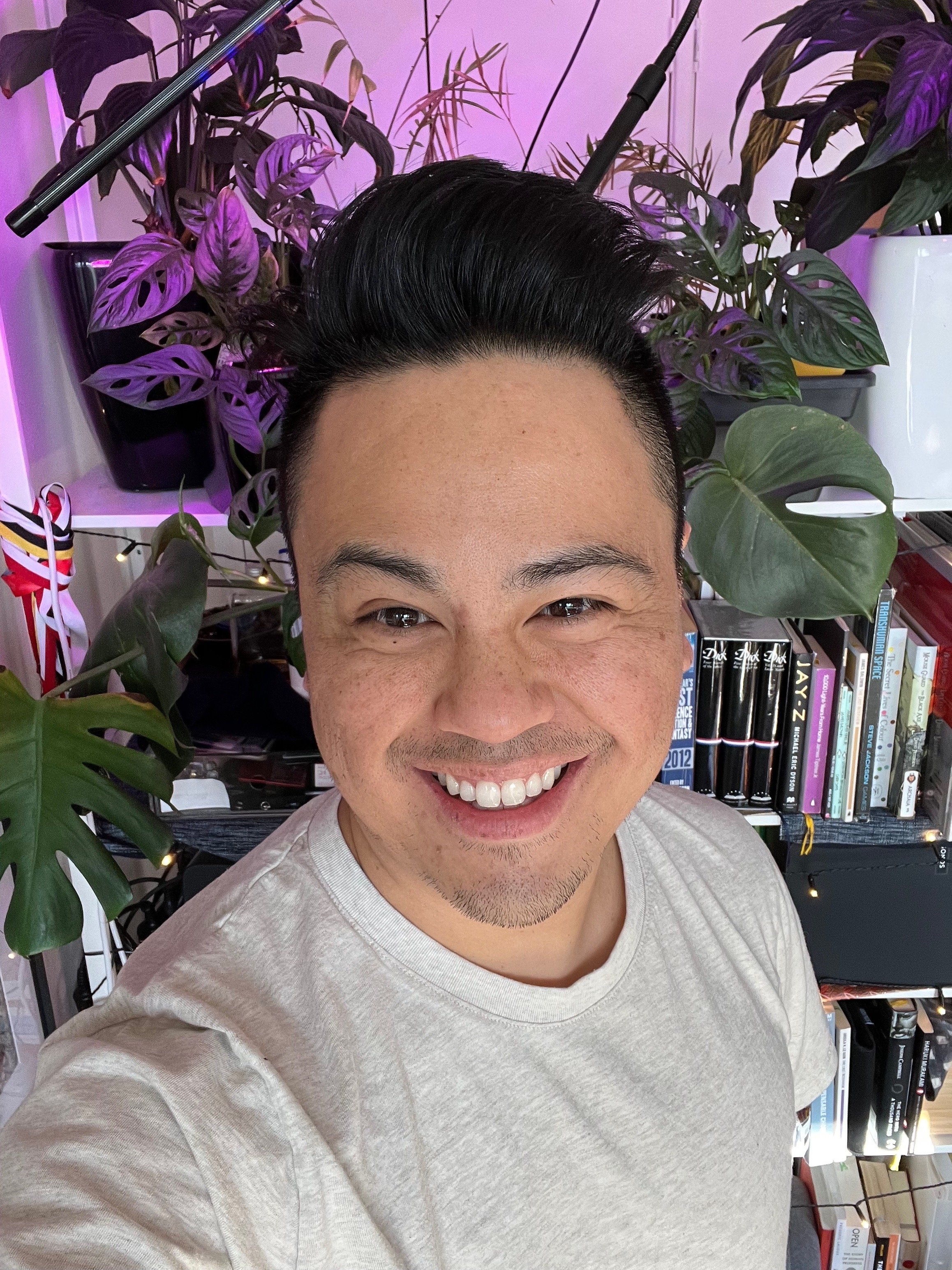This book is about me.
As a child of refugees, who were children of refugees themselves; growing up and living in a lucky country where I can be an entrepreneur. Born elsewhere, this opportunity would not have the fertile soil it otherwise had. Born to someone else, I would not be blessed with the tragic flaws that made startups I work with purposeful places to work; and led to frustrations and burn out.
I’ve learned that refugee family dynamics come into two types. When the family comes together for a clannish gathering, copious amounts of food overflowing on the table, we either (a) never talk about the thing - the boat, the square of heavenly peace, the war, the genocide (b) it is nearly the only thing that we talk about. Either way, the event dominates the psyche of the clan, putting its influence to every part of our lives, generations on.
This book is about you.
If you’re thinking about starting something; and looking for some advice that’s not the toxic positivity of instagram or a youtube hustle bro, I wrote this for you. If you’re in the midst of nothing; and you’d rather have this as a podcast or you need a super short summary - I wrote this for you; and the book contains sections in each chapter with key takeaways. If you were just looking to read some stories and see what startup life looks like for a refugee of colour in Australia, well then let me do my best to entertain.
This book is about us.
One of the best ways to understand others, according to Empathy expert Roman Krznaric, is Ursula Le Guin is my favourite author. She is a daughter of anthropologists, incisive in her views of humans and the ways we treat other.
Her and I never crossed paths - one of my many regrets; but she approaches my tradition in the manner that I approach hers.
Once wrote of her reasoning for translating in her own interpretation that twenty five hundred year old classic, the Tao Teh Ching.
Scholarly translations of the Tao Te Ching as a manual for rulers use a vocabulary that emphasizes the uniqueness of the Taoist “sage,” his masculinity, his authority. This language is perpetuated, and degraded, in most popular versions. I wanted a Book of the Way accessible to a present-day, unwise, unpowerful, and perhaps unmale reader, not seeking esoteric secrets, but listening for a voice that speaks to the soul. I would like that reader to see why people have loved the book for twenty-five hundred years.
It is the most lovable of all the great religious texts, funny, keen, kind, modest, indestructibly outrageous, and inexhaustibly refreshing. Of all the deep springs, this is the purest water. To me, it is also the deepest spring.
So I am often inspired to write by her.
I wrote this book for us - those who feel outside the norm, those not born powerful. Those who can see privilege from the outside and choose to honour the work.
When you belong to the 'Other', every part of you is open to scrutiny, and the weight of pre-judgement by privilege - not just your demeanour, your productivity, your education - but even your hair, the way you dress, how you pronounce 'scallop'. Assumptions about you outpace your work. You'll perform three times as well to be judged twice as harshly as your peers. That could temper you in many ways - how you choose do so, must be authentic to you.
table of contents
Section One: About You
Know thyself
How to grow your emotional maturity, aka ten things I learned about feelings
The Zen Beginner’s Mind - what it is, and why you should have it
Stoicism, a business suit toga - where I found and lost myself in the words of Epictetus
Invest in your own resilience
A hard look at reality: Sartre and survival
Purpose, Ikigai and the meaning of life
Bricolage, and the ability to adapt
Design against your flaws
Are you taking notes?
Knowing myself: Over-trusting
Anti-fragile
You can’t do it all (but it helps at the start)
Finding what you are good at
Forgiving yourself for what you are not
Investing in your strengths
The myths of entrepreneurship - from Everest basecamp to the hills of Chatswood
The co-founder dilemma
Design to grow
Embedding your agenda
Scaling the vision
Section Two: The People Around You
The beginner’s mind
Leverage those fresh perspectives
Hiring is everything
Vulnerability, talking about your feelings, and conflict resolution
Motivating people
Section Three: Your Company
Secret sauce: organisational architecture
A tale of two companies
Service company wizardry
The magic of salary transparency
Advice process: a for-profit with no kings, where a conversation is better than a vote
Culture: rowboats, fleets and changing weather
Personal purpose, not organisational purpose
The single most important thing from this book: retrospectives


